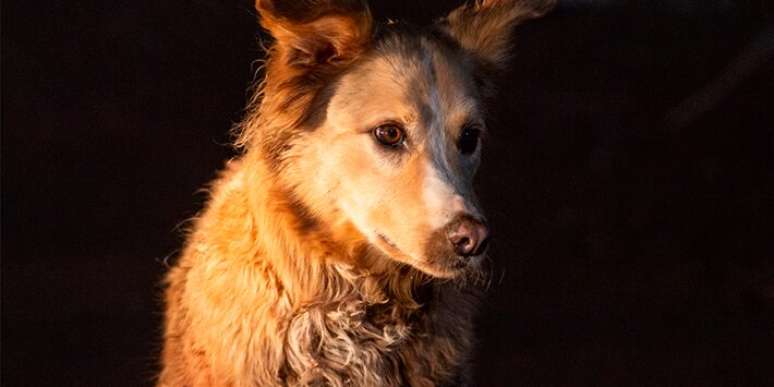The US Department of Energy says the hypothesis of a leak in China is the most likely, although there is no consensus among US agencies. Beijing criticizes the “politicization” of tracing the origin of the covid-19 disease is that it allegedly emerged from a leak from a laboratory in China.
The WSJ report is based on a confidential report by the director of national intelligence, Avril Haines, to which the newspaper had access, which was allegedly provided to the White House by members of Congress.
The White House, however, has reported that US intelligence agencies are still divided over the origin of the pandemic.
People who have accessed the report were quoted by the WSJ and The New York Times as saying that the Department of Energy’s conclusion is unreliable, highlighting how government agencies have differing views on the origin of the disease that has spread throughout the world in 2020.
However, the conclusions, which would derive from new intelligence information, are significant. The Department of Energy has extensive scientific experience and oversees a national network of laboratories, including some that perform advanced biological research.
With the report, the agency joins the FBI in believing that the pandemic that has killed nearly seven million people worldwide is the result of a failure at a Chinese laboratory. The US Federal Police came to this conclusion with “moderate confidence” in 2021 and still hold that position.
The FBI brings together a group of microbiologists, immunologists and other scientists and is supported by the National Center for Bioforensic Analysis, created in 2004 to analyze biological threats such as anthrax bacteria.
lack of consent
According to the WSJ, the report marks a change in the position of the Department of Energy, which is considered undecided on the issue. US authorities did not provide further details on the intelligence conclusions that led to the switch, but say the file and the FBI came to the same conclusion through different analyses.
The US National Intelligence Council, which conducts long-term strategic analysis, and four other US agencies believe the coronavirus arose from natural transmission, while other agencies, including the CIA, remain undecided on the issue.
The new report points out that intelligence officials are still gathering information about the origin of COVID-19, which has killed more than a million Americans since the pandemic began.
White House National Security Advisor Jake Sullivan confirmed that there is still a “varied opinion” on the matter. “At this time, there is no definitive answer from the intelligence community,” he said.
China criticizes the “politicization” of the issue
China’s foreign ministry responded on Monday, urging those involved to “stop raising allegations of laboratory leaks, smearing China’s image and politicizing the issue of traceability of origin.”
“A laboratory leak was not considered possible by the official scientific conclusions determined by Chinese experts and the World Health Organization (WHO),” ministry spokesman Mao Ning said.
In mid-February, WHO promised to do everything possible to get answers about the origin of covid-19 and denied reports that the body was abandoning the investigation. The international scientific community considers it essential to determine the origin of the coronavirus, in order to better fight or even avoid the next pandemic.
The coronavirus was first detected in the Chinese city of Wuhan in November 2019. Some scientists believe that the disease resulted from animal-to-human transmission, as has occurred in the emergence of other pathogens.
However, no animal source of the disease has been identified to date. Furthermore, the fact that Wuhan has become the center of extensive Chinese research on the coronavirus has led some American scientists and officials to conclude that a laboratory leak would be the best explanation for the origin of the pandemic.
rc/bl (AFP, ots)
Source: Terra
Rose James is a Gossipify movie and series reviewer known for her in-depth analysis and unique perspective on the latest releases. With a background in film studies, she provides engaging and informative reviews, and keeps readers up to date with industry trends and emerging talents.


![Tomorrow Belongs to Us: What’s in store for Tuesday 28 October 2025 Episode 2062 [SPOILERS] Tomorrow Belongs to Us: What’s in store for Tuesday 28 October 2025 Episode 2062 [SPOILERS]](https://fr.web.img6.acsta.net/img/05/da/05dac50a456ab280620651cf6d0c2e9b.jpg)





